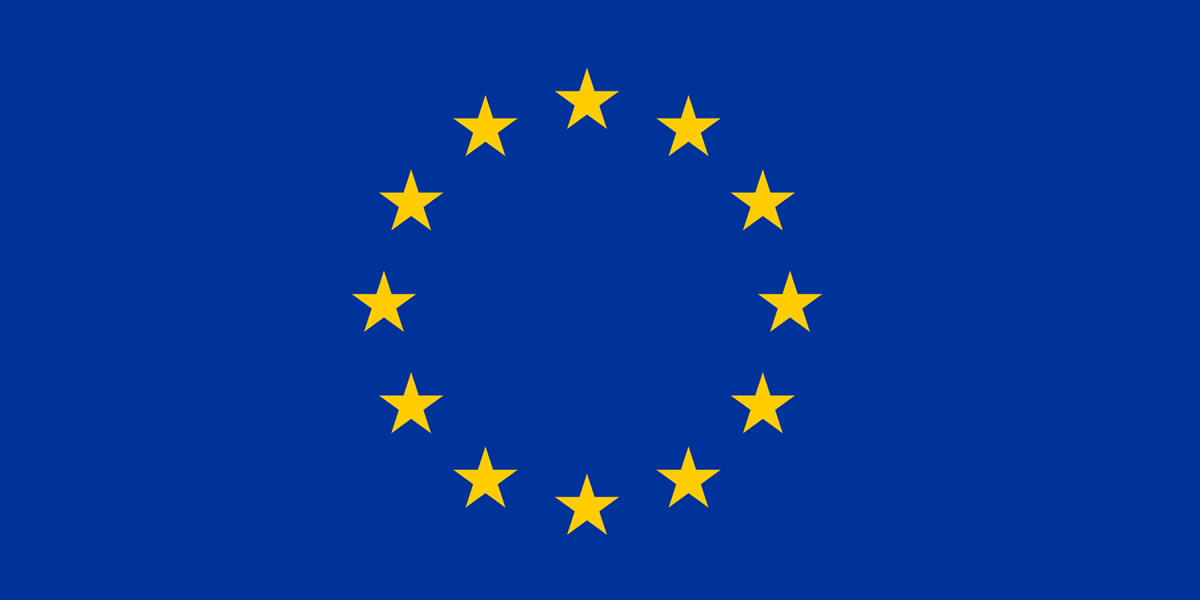We often hear about the will of the people, in relation to Brexit, but the statistics tell a different story. The majority of the UK electorate did not vote to leave the EU, only a minority of those who were entitled to vote did – around 38%.
Brexit
Brexit is a word which is made by combining the word “Britain,” with the word “exit” – exit in reference to the United Kingdom of Great Britain leaving the European Union (EU).
A brief guide to Brexit…
Brexit started after a referendum called by David Cameron in 2016, when the then Prime Minister thought he could deliver a “remain” victory. He was defeated, and resigned ignominiously, leaving the country in a mess.
Despite not having a plan, or any kind of idea, Cameron’s replacement as Prime Minister, Theresa May, enacted Article 50, which meant that the UK should leave the EU on 29 March 2019. She went on to reduce a Parliamentary majority in a monumentally ill-advised General Election, and somehow remained in power, despite seeing “her” Brexit deal defeated twice in the run up to the 29 March.
She also survived a vote of no confidence in early 2019, most likely because there was even less confidence in her likely successor, the Victorian mock-twerp (who is actually a very intelligent money making animal), Jacob Rees-Mogg, or the faux-buffoon (of a similar ilk) Boris Johnson.
However, as surely as the calendar predicted, June 2019 spelt the end of May, and she eventually at last resigned, as her predecessor, with a tearful goodbye in front of 10 Downing Street.
In the middle of June 2019, Britain still had no idea what it would do about Leaving the EU, and instead was considering the relative merits of Boris Johnson, Michael Gove, Rory Stewart and a succession of other ambitious individuals who were squabbling over Leadership of the Conservative Party and therefore the country.
Of course, the most baffling option would be seen as the most sensible, and Boris Johnson became Prime Minister in the summer of 2019 – after a postal vote of Conservative Party members elected him after the race had been whittled down to two by Conservative Members of Parliament.
Nevertheless, once selected for the hot seat, Boris proceeded to prorogue parliament in a move the Supreme Court would quite quickly declare “unlawful” before losing around 8 of his first votes in relation to Brexit.
BoJo, as he is unaffectionately known, in the Autumn of 2019, could be found mussing up his own hair before doing a piece to camera insisting to someone, somewhere, that he wants Britain to Brexit on 31 October 2019.
Really, BoJo wanted a General Election, and eventually, despite the protestations of scruffy Jeremy Corbyn, his team managed to pique Corbyn into agreeing to this — Corbyn thought he could win.
The Liberal Democrat Party steadfastly refused to enter into any kind of arrangement with the Labour Party, who reciprocated. They kicked the door ajar. Nigel Farage, who had hastily convened a Brexit Party out of the ashes of UKIP, then double barrelled this door fully open, by refusing to stand in Conservative held seats, creating a vote split for anti-Tory but pro-Brexit working class in Northern Britain.
This inspired campaign based around polling what people want, and promising to deliver it, saw the Conservatives pick up a landslide victory in a December 2019 election. They quickly moved on towards delivering Brexit – at last – on 31 January 2020.
Nigel Farage delivered a pugnacious speech in the EU, while Europeans looked sad about the prospect of losing one of the largest member states, to a backdrop of Union Flags… no, not that Union, the British one, which just about remained intact, despite all of Scotland, except a tiny sliver next to England, voting for the Scottish Independence Party.
Nobody really believed life in Britain would get any better… and actually, they probably considered that it would be interesting to see if politicians who have been blaming EU regulations for their own shortcomings would finally be exposed.
Britain, it would seem, is damned to live in interesting times for a generation.
There isn’t much money.
Brexit Yoga
It seems like the Irish and the Australians are enjoying Brexit a lot… well, a lot more than we here in Britain are!
Jon Snow: Britain a “Laughing Stock” because of Brexit
Meanwhile, in the United Kingdom, journalist Jon Snow (not the Game of Thrones character) has been manhandling mealy-mouthed politicians on national TV.
